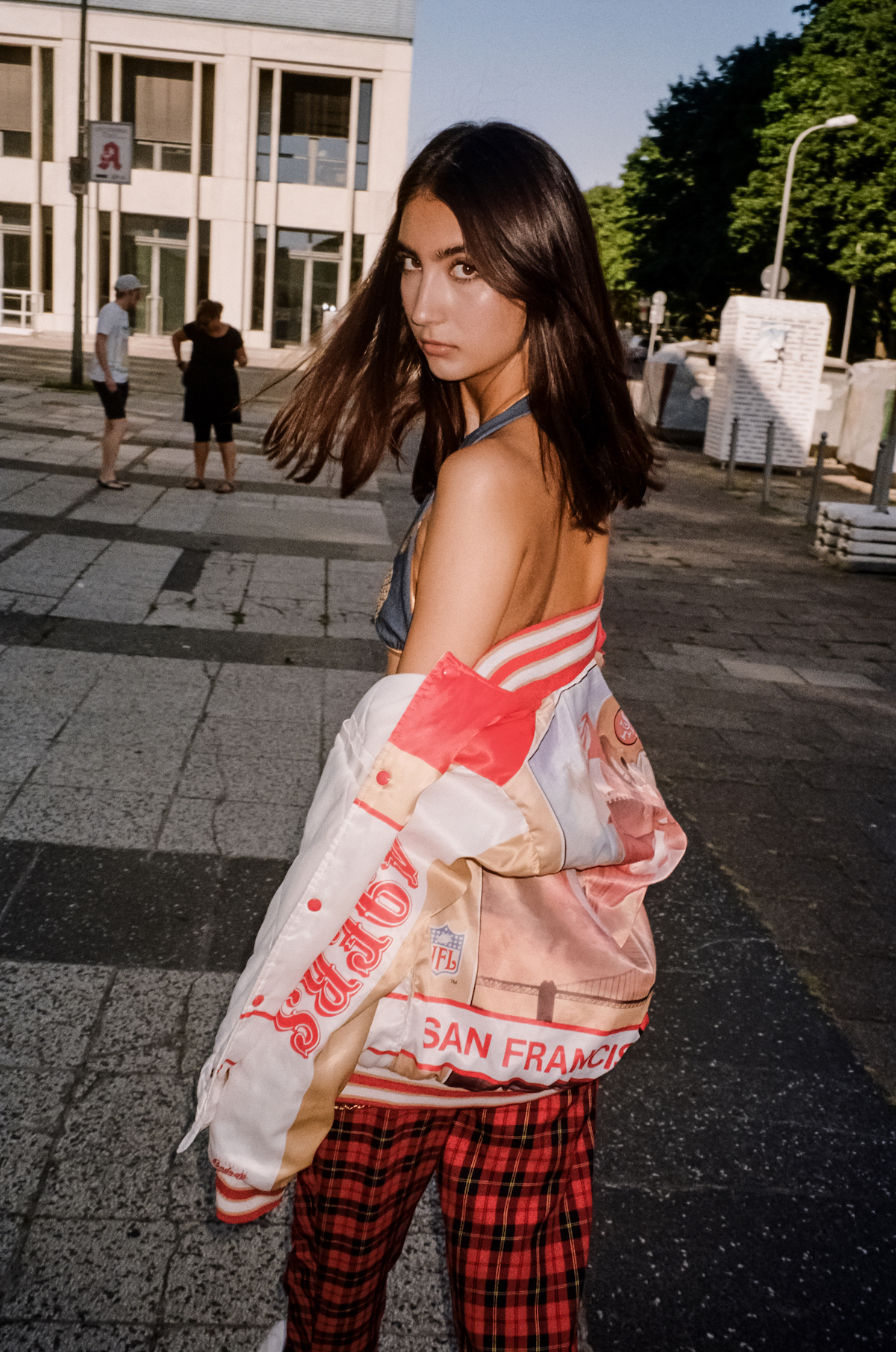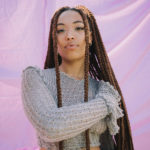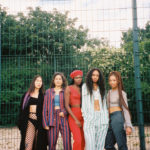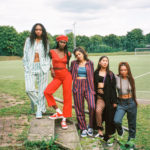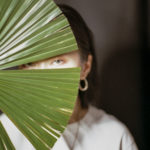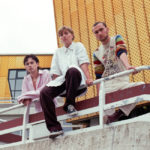*Our interviews with Marcella, Maxien, and Ruby took place in the summer of 2017 so…
Alina
Re-defining Beauty22 November 2018
Talking beauty with Alina, a gurl who straddles three different ethnicities - German, Russian, and Armenian.
The debate between the POC status of Armenia is an extremely interesting one, which deserves closer examination and was the deciding factor in including Alina as part of this series:
Can you tell us a bit about your parents’ backgrounds, what brought them and you to Germany, and how your blend of ethnicities and cultures at home impact your relationship?
Alina: My mom was born and raised in Saratow – her mother is Russian and her dad was half Russian half German. She grew up with her grandparents due to a bad relationship with her mother and moved out early, still having to look after her young brother. My dad is half Russian half Armenian and grew all around the UdSSR. He also did not have the best relationship with his family. After serving in the army, he was started his own business. My parents got married in Moscow where my mom gave birth to me. My parents decided to relocate to Germany after my father’s business slowly started to fall apart – as my mother has german roots, she had wanted to emigrate to Germany for a long time. They also wanted to live in a country with a better education system for me.
After we emigrated, my mom gave birth to my younger brother. I was 6 when I came to Germany, so just after 3 months of Kindergarden, I entered the school system. The cultural differences [between me and my parents] has not been good for our relationship. Growing up, my dad would try to force his views and beliefs on me and did not accept German culture in general. He emigrated back to russia five years ago. We haven’t had any contact since then. After he left, my mom began working and blending into German culture more. I have a strong relationship with her. As for boyfriend [who is German], he has always been respectful of my roots and my past, but I feel like we have the same views on life as we grew up together and influenced each other over the years.
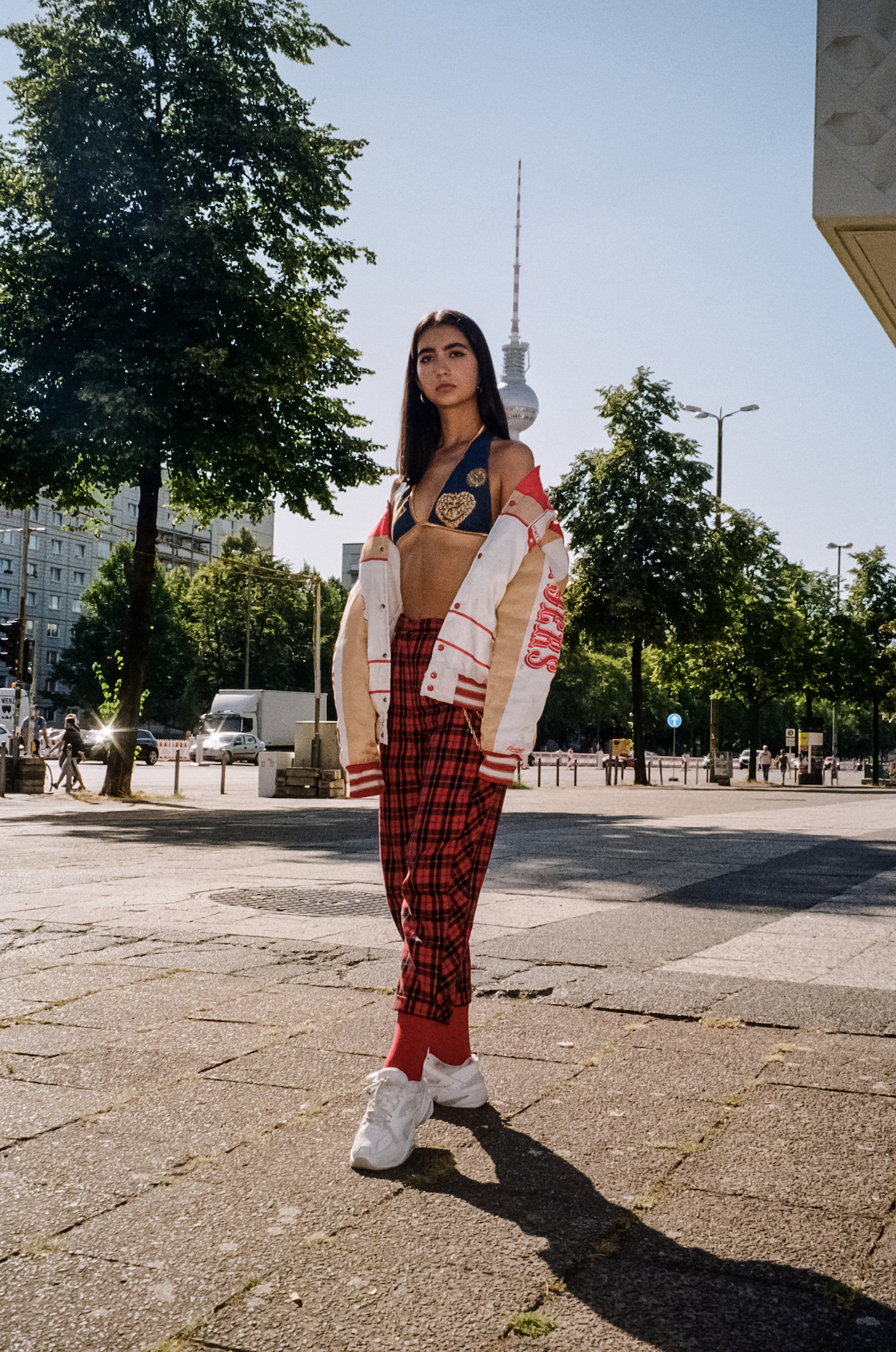
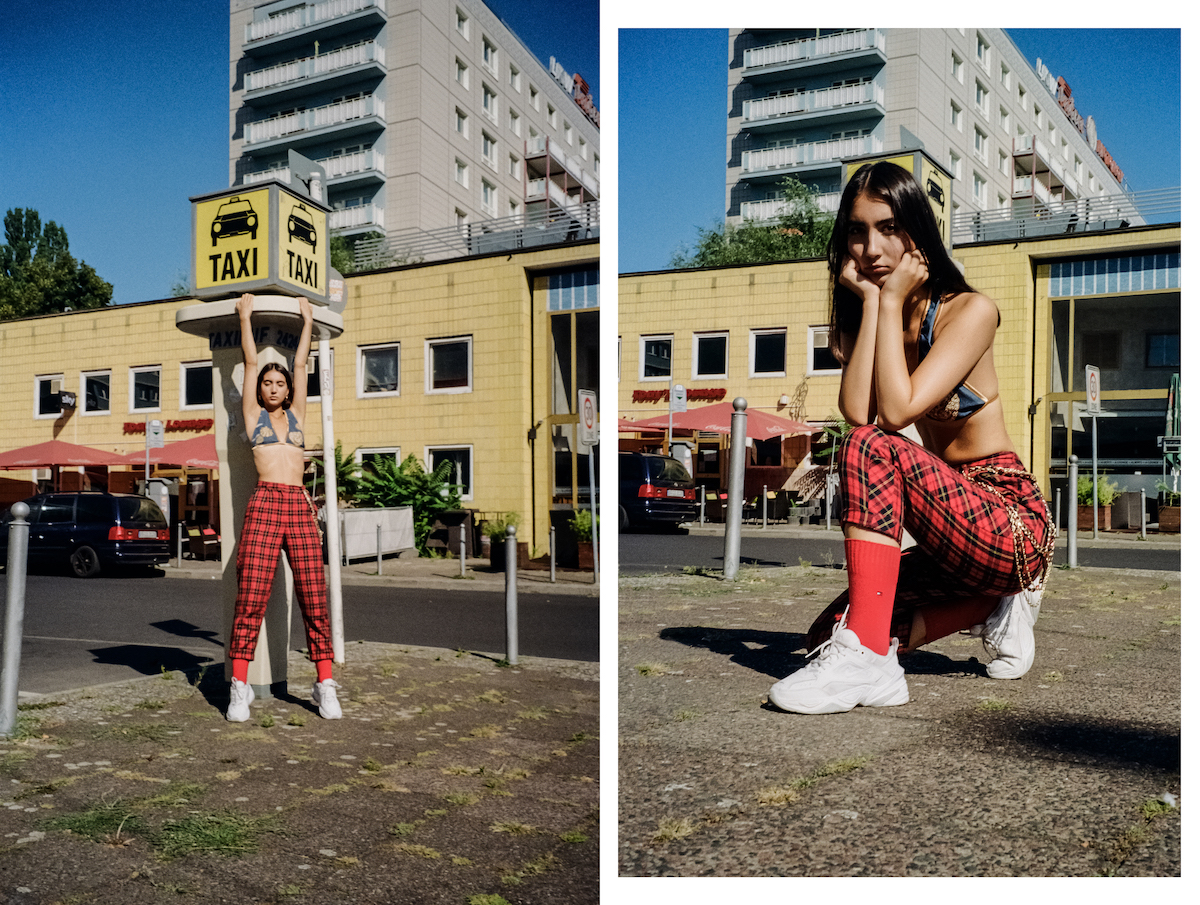
On being Armenian
The topic of Armenians and their status as POC is what drew me to interview you for this article. Armeniens’ POC status is extremely complex as Armenians are an extremely diverse ethnic group with origins from as far north as Georgia and as far south as Jordan, and scientific evidence of origins reaching as far as Palestine and Egypt. Some Armenians view themselves as West Asian/POC and others view themselves as “white.” How do you personally define Armenians and do you consider yourself POC? Why or why not?
Alina:I’m not really sure if I would call myself a WOC or how to label my nationality in general. I don’t consider myself a WOC. I guess it’s because my father always considered himself white. I think it may depend how you view yourself from where you grow up and who you surround yourself with. However, I don’t know any other people with Armenian roots, so I don’t have anyone to compare to or to talk about it.
Have you spent any of your life in Armenia? And can you talk more about Armenian culture for those who might not know as much about it?
Alina: I have never been to Armenia. I also never have experienced any Armenian culture, wich is weird for me because people keep asking me why I look the way I look. This constantly reminds me of my roots, even though i don’t understand them myself.
How much Armenian culture were you raised with and do you then identify as German, Russian, Armenian, a mix of both, or more one than the other, or not really care that much either way?
Alina: I identify as half German and half Russian because i wasn’t raised with Armenian culture. When I was younger, I felt like i had to pick one of them. I never got to meet anyone with Armenian roots except from my family. You don’t really find many Armenian people here in general.
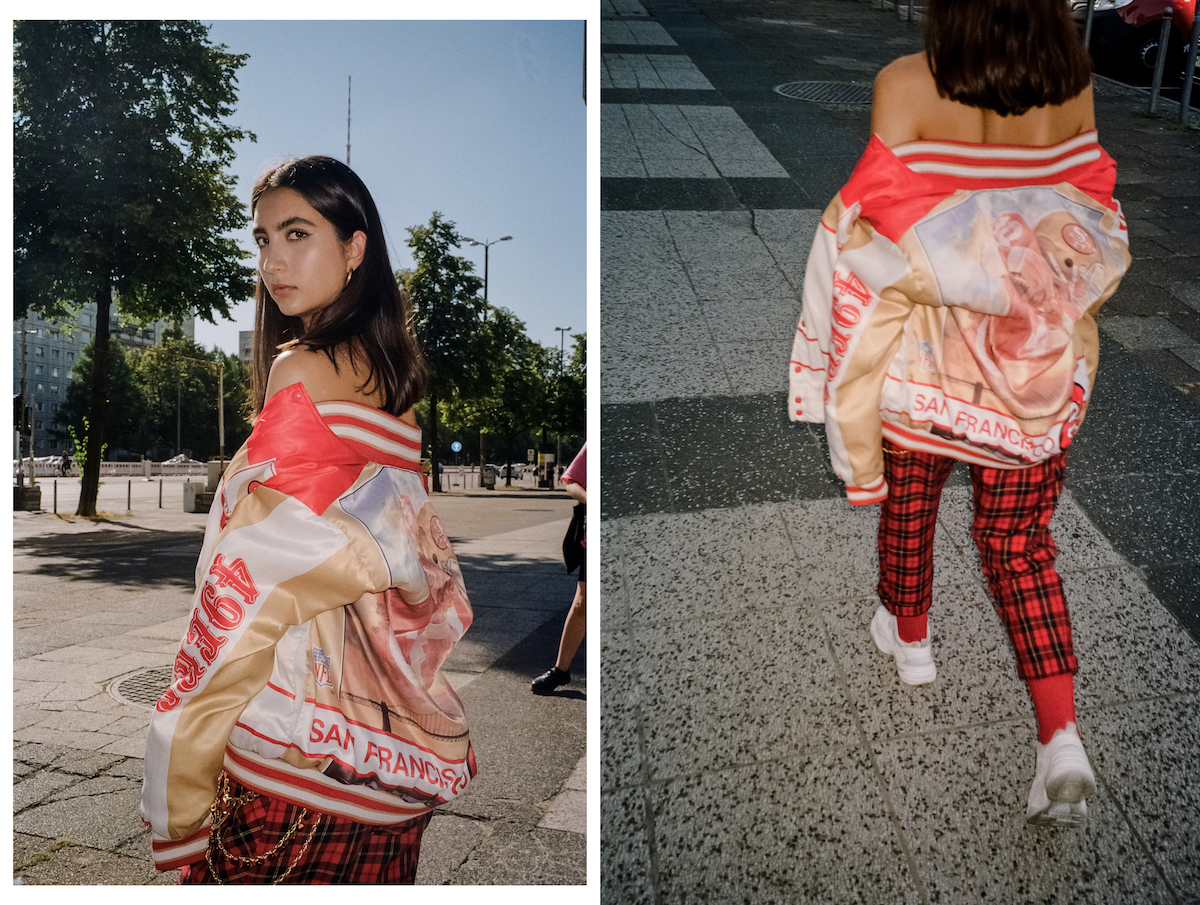
On straddling cultures
What do you feel are the differences between Russia and Germany on a general level?
Alina: The biggest differences between Russia and Germany can be found in the mentality of the citizens. Russian people are more traditional and more conservative, at least from what I have experienced.
Even though you identify as Russian and not WOC/Armenian, being Russian in Germany comes with it’s own set of prejudices and cultural clashes.
Alina:I get called a foreigner – no matter if i’m in Russia or in Germany, it’s the same thing. I always felt like I had to do better then everyone else because I was represent my roots. I felt pressured because I was afraid people would judge my whole culture if I did not do better then average in school and at after school activities. Sometimes, I still feel that way. Some people will always make assumptions about a whole country based on the few people they know from there.
How important is your heritage to you?
Alina: I grew up influenced by Russian and German culture. Experiencing both cultures at the same time had a ver big impact on many aspects of my life.
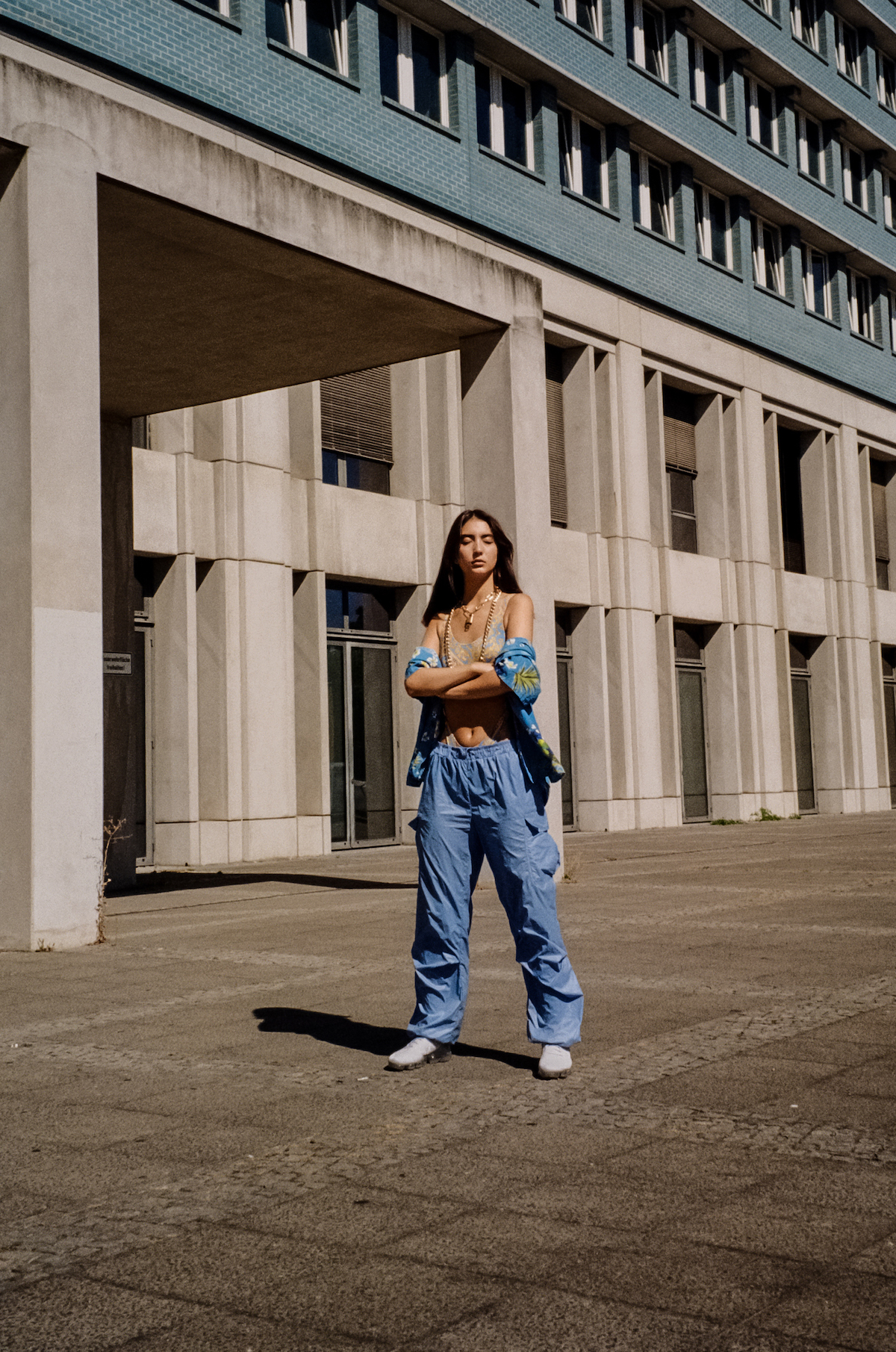
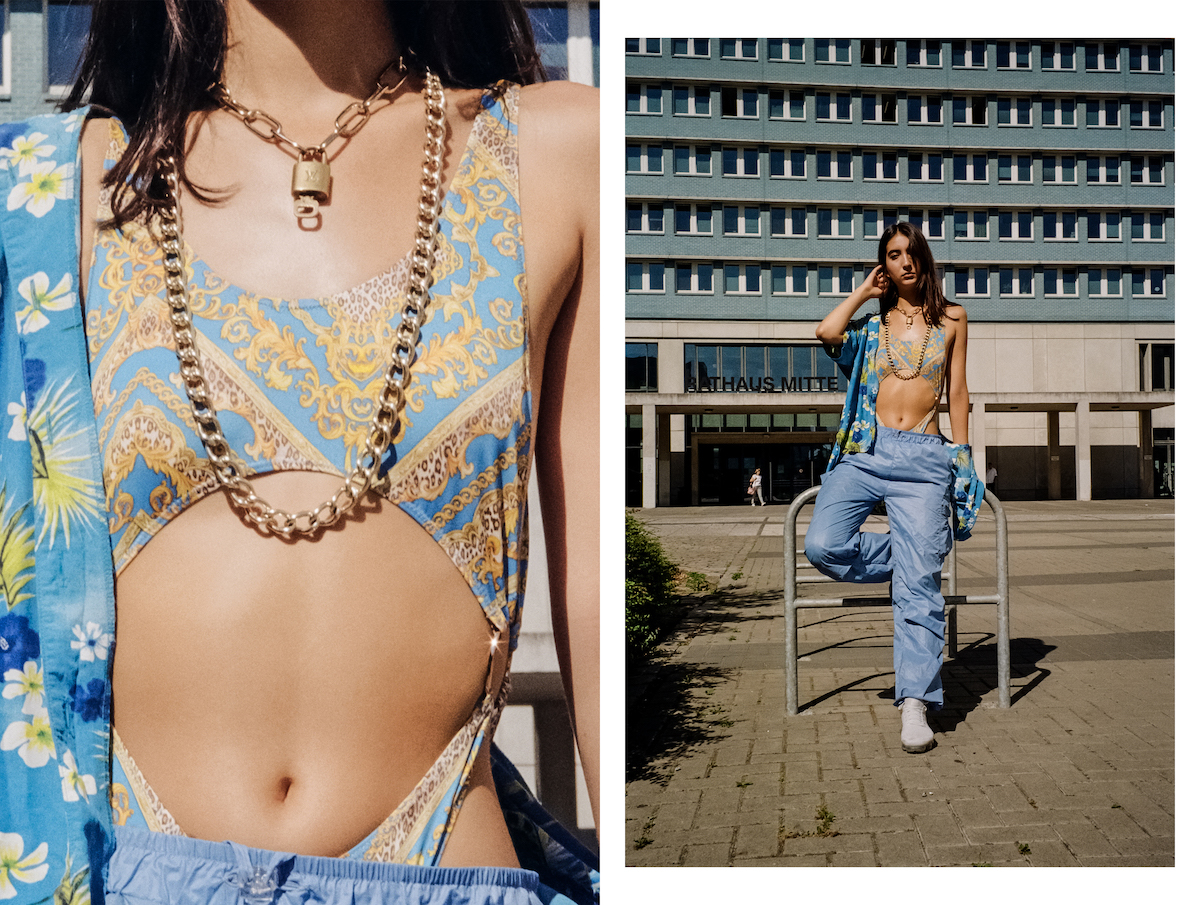
On Style
When it comes to your personal style, how has it evolved, and how would you describe it currently?
Alina: I think my style was influenced by reading the Vogue and InStyle from a very young age and watching music videos on MTV for hours after school.
I’ve never been afraid to stand out and have always been quite brave with what I wear. I think at the moment, my style is a mix of girly, goth, and tomboy. I love contrasting baby shirts with baggy jeans or miniskirts with New Rocks.
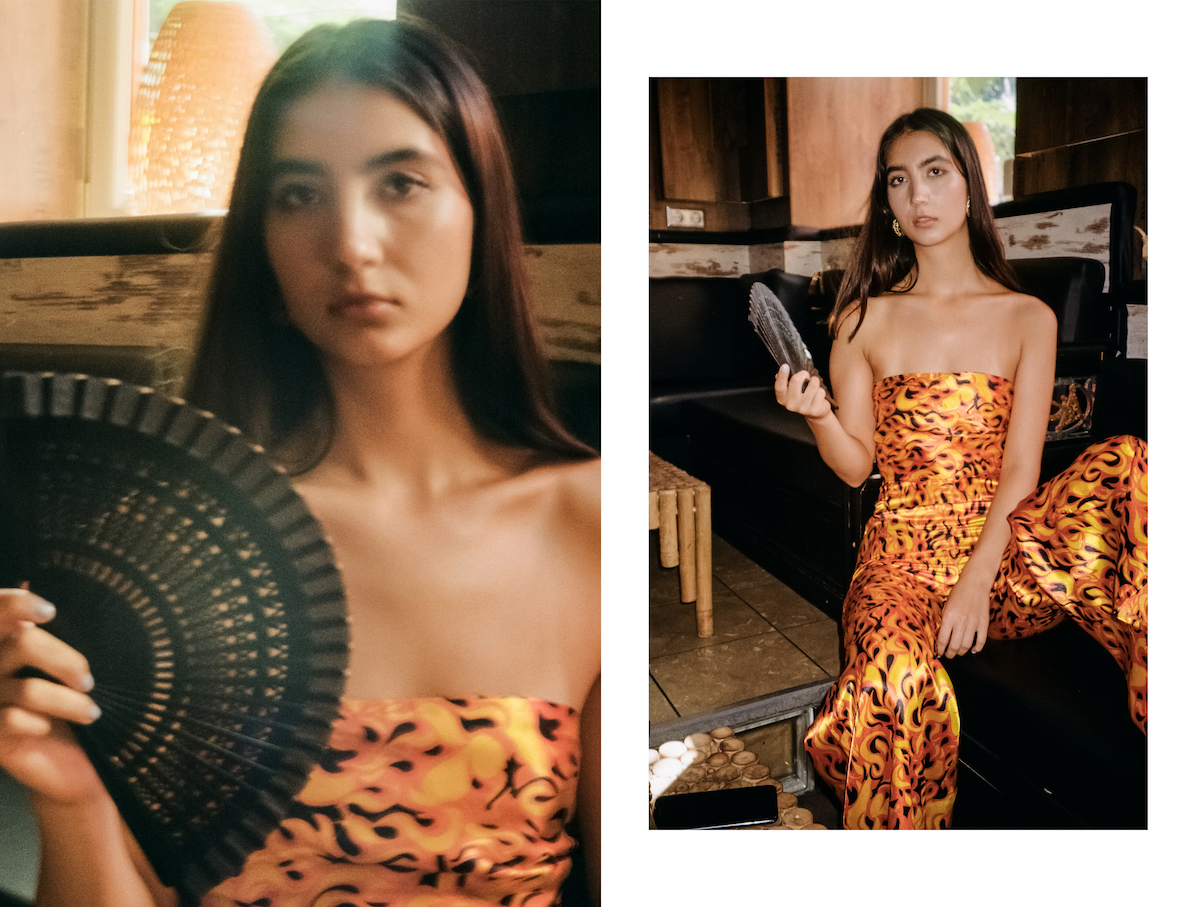
Who influences your personal style the most? Things, eras, people? Instagram is also a great place for showcasing personal style. Who are some of your favourite accounts on social media you look to for inspiration?
Alina: I really dig the early 2000s’ at the moment. My fave sources of inspiration on Instagram are: @sitabellan, @thenativefox, and @melovemealot.
What is it about fashion and personal style that you love the most?
Alina: I think what I love most is communicating with people through clothes without talking. It can be a great start for a conversation and can connect you to new people.
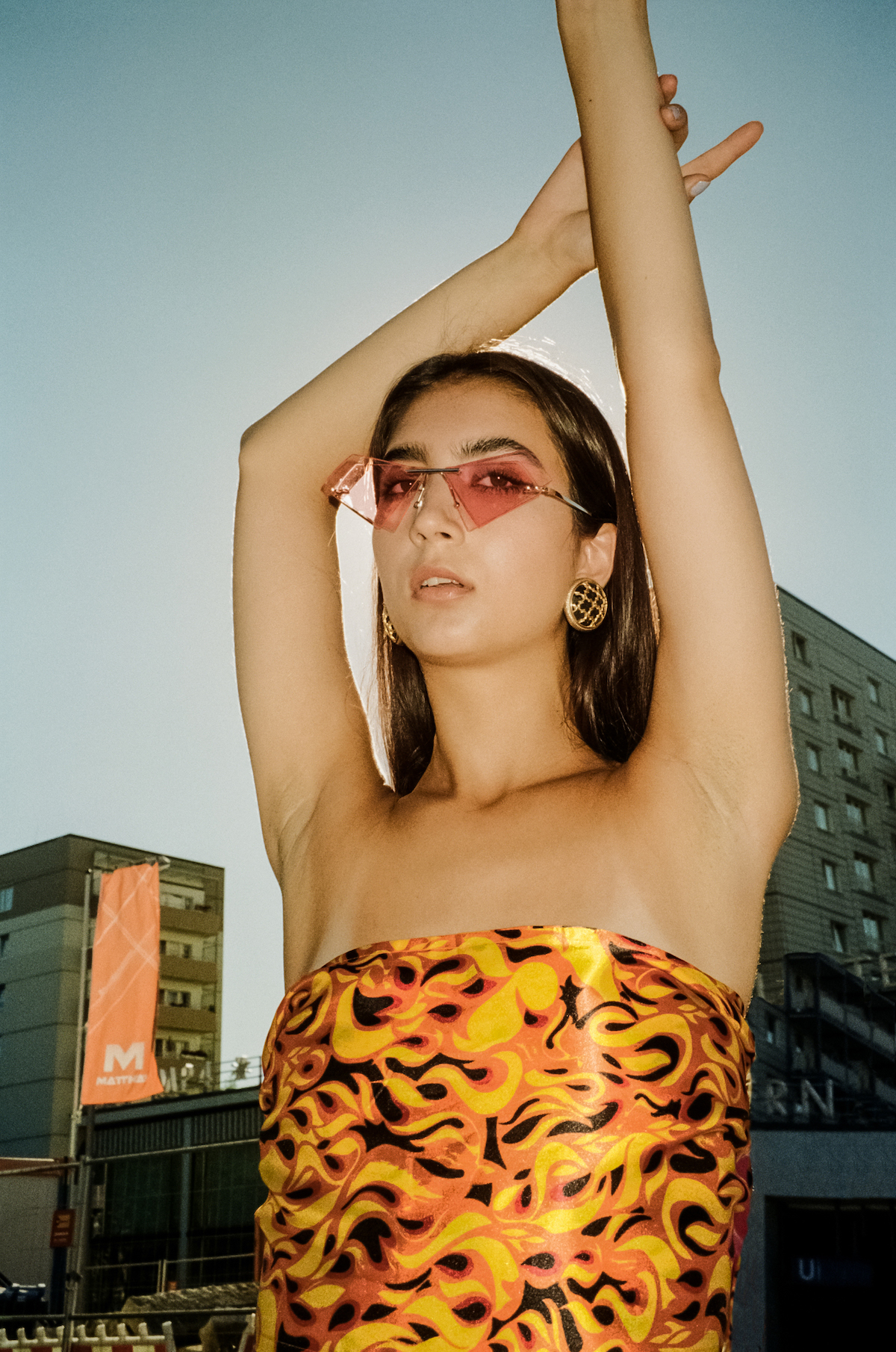
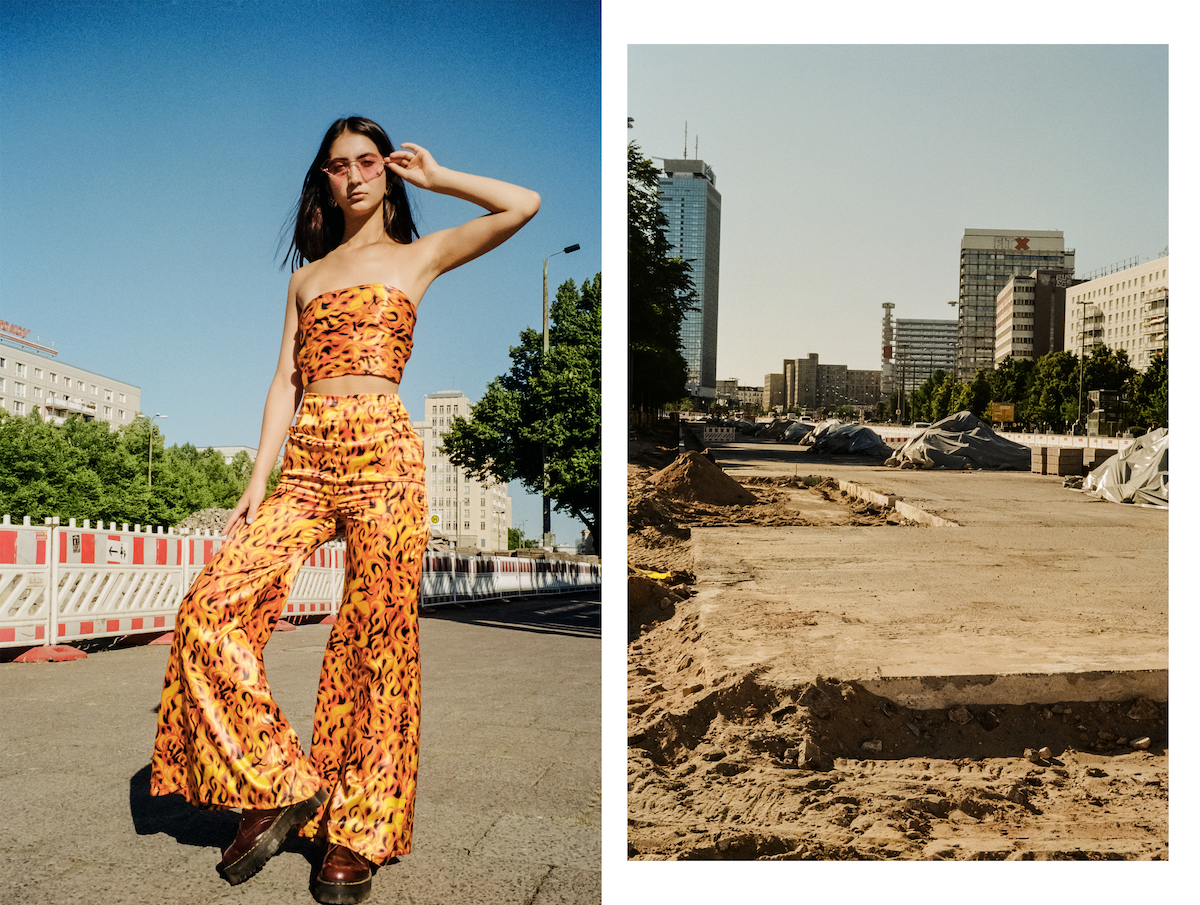
What are your fav. brands/shops?
Alina: My favourites for more high street-priced brands are I.Am.Gia, UNIF and The Ragged Priest. I also love Dolls Kill and Goodbye Bread for online stores. As far as high end goes, I love online stores like Farfetch, SSESNSE and Luisaviaroma. My favourite brands are alyx, ADER error, MISBHV and A-Cold-Wall*. Prada and vintage Dior also have a special place in my heart.
Any tips for gals low on cash who want to stay fresh?
Alina: Reworking stuff you haven’t worn [for a while] can do wonders for your wardrobe! You can also browse through online shops to seek inspiration or watch some youtube tutorials. Oh, and be aware of sales and use online tools like shoptagr. Thrifting is also key for everyone on a low budget!
–
Alina is wearing pieces by ALLES Berlin, The Shit Shop and pieces from stylist Mari Grube’s wardrobe.
Interview by: Rae Tilly
Photography: Nicol Mouton
Styled by: Mari Grube



